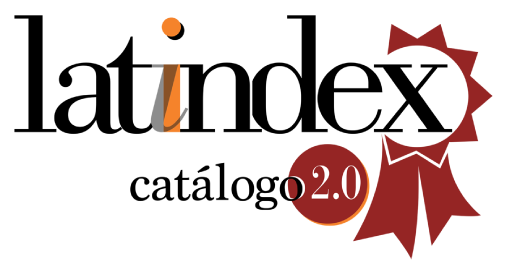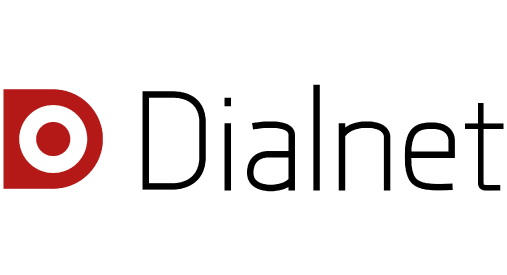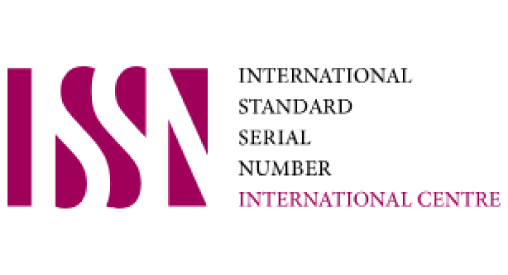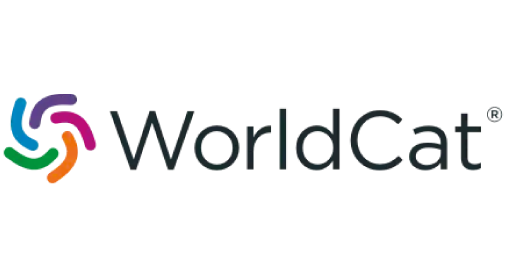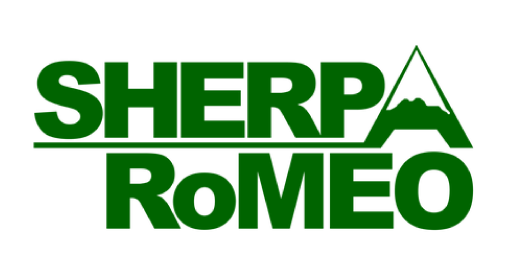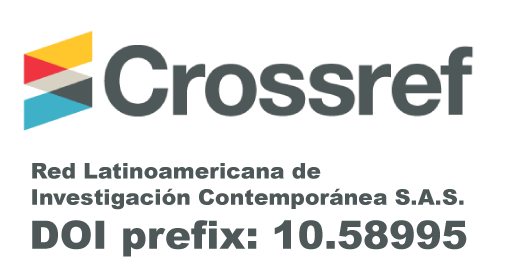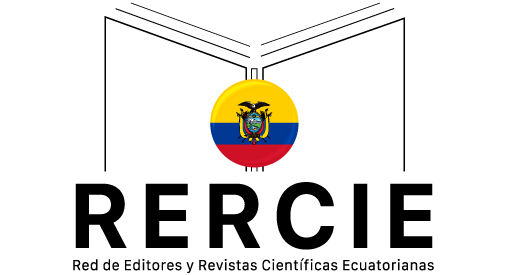Self-regulated strategies and English grammar learning in online environment
Resumen
This study investigates the impact of self-regulated learning (SRL) strategies on English grammar learning in an online environment among beginner university students. A quantitative descriptive design was employed, involving 213 participants selected through systematic sample at a public university in Ecuador. Data were collected using a Likert-scale survey to identify SRL strategies and an Achievement Grammar test to evaluate proficiency in different grammar areas, such as verb tenses, sentence structure, and punctuation. The findings revealed that while students frequently used goal-setting and resource management strategies, self- monitoring and self-assessment were less used. The achievement grammar test showed high levels of grammar proficiency, with 91.1% of students achieving excellent scores, although challenges still persisted in specific areas like subject-verb agreement and punctuation. The study concludes that promoting diverse SRL strategies, especially those involving self- evaluation, could enhance grammar learning outcomes in online settings
Descargas
Referencias
- Aliasin, S. H., Kasirloo, R., & Jodairi Pineh, A. (2022). The efficacy of self-regulated learning strategies on learning English grammar: The mediating role of identity styles. The Journal of Psychological Science, 21(115), 1359–1374. https://doi.org/10.52547/jps.21.115.1359 DOI: https://doi.org/10.52547/JPS.21.115.1359
- Basántez Quizhpi, M. (2016). Estrategias de aprendizaje en estudiantes universitarios de primer año: Un análisis exploratorio. Universidad de Cuenca. Repositorio Institucional de la Universidad de Cuenca. https://dspace.ucuenca.edu.ec/items/5b039d20-e86c-43fa-829f- 25e8ddf713be
- Boonlom, A., Sikkhakul, C., Laoarun, W., & Panishkan, K. (2024). Learning behaviors influenced by goal setting in selecting a field of study at the higher education level of secondary 5 and 6 students. Academic Journal Bangkokthonburi University, 13(1), 1-15.
- Chansri, C., Kedcham, A., & Polrak, M. (2024). The relationship between self-regulated learning strategies and English language abilities and knowledge of undergraduate students. LEARN Journal: Language Education and Acquisition Research Network, 17(1), 286–307.
- García, R., Falkner, K., & Vivian, R. (2018). Systematic literature review: Self-regulated learning strategies using e-learning tools for computer science. Computers & Education, 123, 150– DOI: https://doi.org/10.1016/j.compedu.2018.05.006
- https://doi.org/10.1016/j.compedu.2018.05.006 DOI: https://doi.org/10.1016/j.compedu.2018.05.006
- Gay, L. R., Mills, G. E., & Airasian, P. (2011). Educational research: Competencies for analysis and applications (10th ed.). Pearson.
- Hunutlu, Ş. (2023). Self-regulation strategies in online EFL/ESL learning: A systematic review. Sisal Journal, 14(2), 136–166. https://doi.org/10.37237/140203 DOI: https://doi.org/10.37237/140203
- Jakešová, L., & Kalenda, J. (2015). Self-control as a key competence in education: Challenges for the future. Procedia-Social and Behavioral Sciences, 171, 387–393. DOI: https://doi.org/10.1016/j.sbspro.2015.01.105
- Jafarkhani, Z., Tavakoli, A., Tavakoli, H., & Razavi, V. (2019). The mediating role of study habits in the relationship between the motivation of progress with self-regulation learning of students. Iranian Journal of Learning and Memory. https://journal.iepa.ir/article_89169_d1b78fbcbd08c5766a5b14a26dcf6842.pdf
- Murphy, R. (2019). English grammar in use (5a ed.). Cambridge University Press.
- Najat, A. (2020). Difficulties and problems students face in English grammar - Soran University students as an example. Soran University. https://doi.org/10.13140/RG.2.2.31787.57125
- Navas Chachapoya, E. P., Jacome Rivera, P. I., Quispe Guanoluisa, J. E., & Santana Jácome, L. R. (2024). Estrategias didácticas basadas en el aprendizaje cooperativo para mejorar la interacción y el rendimiento académico en Educación Básica. Ciencia y Educación: Revista Científica, Edición Especial, [ISSN L-2790-8402, E-ISSN 2707-3378]. https://doi.org/10.5281/zenodo.13888344
- Newman, M., Duarte, C., & Gómez, J. (2023). Socioeconomic barriers to English learning in Ecuador: A critical perspective. International Journal of Language Studies, 15(3), 45–60.
- Pabón, S., & Espinel, C.. (2023). Los desafíos de la autoevaluación en la educación superior.
- Repositorio Institucional de la Universidad El Bosque. https://repositorio.unbosque.edu.co
- Razavipour, K., Ardakani, S., & Gooniband, Z. (2020). Development and validation of a measure of self-regulated capacity in learning the grammar of English as a foreign language. Journal of Teaching Language Skills, 39, 111–142.
- Schneider, D., & McCoy, K. (1998). Recognizing syntactic errors in the writing of second language learners. University of Delaware. arXiv. https://doi.org/10.48550/arXiv.cmp-lg/9805012 DOI: https://doi.org/10.3115/980432.980765
- Schunk, D. H., & Greene, J. A. (Eds.). (2017). Handbook of self-regulation of learning and performance (2a ed.). Routledge. DOI: https://doi.org/10.4324/9781315697048
- Sins, P., de Leeuw, R., de Brouwer, J., & Vrieling-Teunter, E. (2024). Promoting explicit instruction of strategies for self-regulated learning: Evaluating a teacher professional development program in primary education. Metacognition and Learning, 19(1), 215–247. https://doi.org/10.1007/s11409-023-09368-5 DOI: https://doi.org/10.1007/s11409-023-09368-5
- Sui, C.-J., Yen, M.-H., & Chang, C.-Y. (2023). Investigating effects of perceived technology-enhanced environment on self-regulated learning: Beyond p-values. arXiv. https://doi.org/10.48550/arXiv.2306.02392 DOI: https://doi.org/10.35542/osf.io/hda78
- Tamayo, L., & Cajas, S. (2020). English language teaching in Ecuadorian public universities: Current challenges and opportunities. Ecuadorian Journal of English Studies, 2(1), 22–37.
- Usher, E. L., & Schunk, D. H. (2018). Social cognitive theoretical perspective of self-regulation. In D. DOI: https://doi.org/10.4324/9781315697048-2
- H. Schunk & J. A. Greene (Eds.), Handbook of self-regulation of learning and performance
- (pp. 19–35). Routledge.
- Vargas, L., Gnzlz, Y., & Campo del Paso, M. (2018). Estrategias que favorecen el aprendizaje autónomo en estudiantes universitarios. Strategies that promote self-learning learning in university students. Caleidoscopio. https://www.academia.edu/37928793
- Wang, X., Chen, J., & Zhang, T. (2021). Facilitating English grammar learning by a personalized mobile-assisted system with a self-regulated learning mechanism. Frontiers in Psychology, 12, 624430. https://doi.org/10.3389/fpsyg.2021.624430 DOI: https://doi.org/10.3389/fpsyg.2021.624430
- Wardani, A. D., Munir, A., Lestari, L. A., & Anam, S. (2023). Self-regulated learning strategies and their relationship to grammar achievement of undergraduate English department students. Language and Language Teaching Journal, 26(2), 634–649. https://doi.org/10.24071/llt.v26i DOI: https://doi.org/10.24071/llt.v26i2.6638
- Zimmerman, B. J. (2015). Self-regulated learning: Theories, measures, and outcomes. In DOI: https://doi.org/10.1016/B978-0-08-097086-8.26060-1
- International Encyclopedia of the Social & Behavioral Sciences (pp. 541–546). Elsevier.
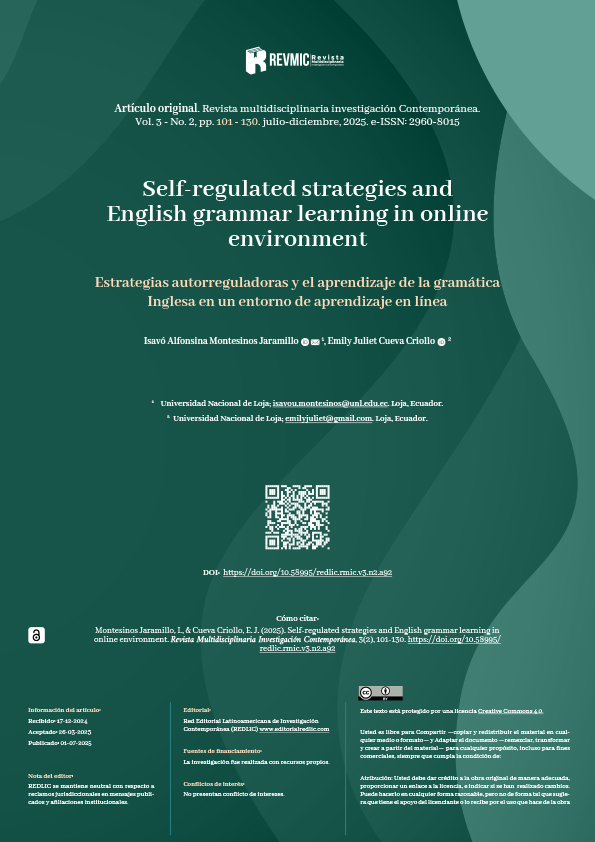
Publicado 2025-03-28
Palabras clave
- estrategias de aprendizaje autorregulado,
- gramática inglesa,
- entorno en línea
Número
Sección
Derechos de autor 2025 Los autores que publiquen en la revista Multidisciplinaria Investigación Contemporánea aceptan los siguientes términos: 1. Los autores mantienen sus derechos de autor (copyright) y otorgan a la revista Multidisciplinaria Investigación Contemporánea el derecho de la primera publicación de su trabajo, bajo una licencia Creative Commons Attribution 4.0. Esta licencia permite que terceros utilicen el contenido publicado, siempre que se mencione la autoría y la primera publicación en esta revista. 2. Los autores pueden establecer acuerdos adicionales para la distribución no exclusiva de la versión publicada de su artículo en otros lugares, como repositorios institucionales, siempre y cuando se indique claramente que el trabajo fue publicado por primera vez en esta revista. 3. Los autores conservan sus derechos de autor (copyright) y garantizan a la revista Multidisciplinaria Investigación Contemporánea el derecho a publicar el manuscrito a través de los canales que considere apropiados. 4. Se permite y se recomienda a los autores compartir su trabajo en línea (por ejemplo, en repositorios institucionales o páginas web personales), una vez que el manuscrito haya sido aceptado para su publicación. Esto puede conducir a intercambios productivos y a una mayor y más rápida citación del trabajo publicado.

Esta obra está bajo una licencia internacional Creative Commons Atribución 4.0.



